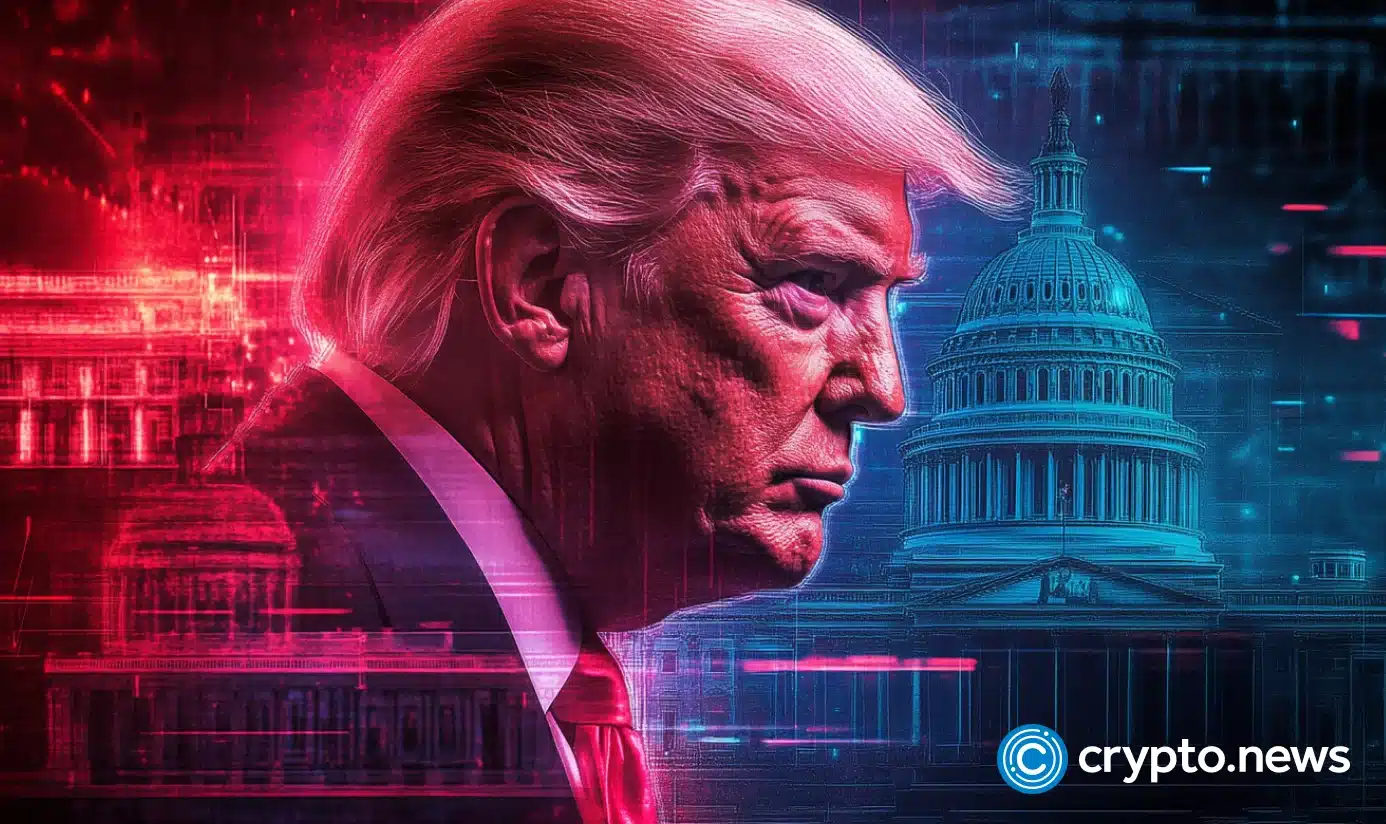The last four years were focused on fighting for the survival of the crypto industry in the United States. Against a hostile administration and unprecedented lawfare, the industry fought back boldly – and won.. Story continues below. Don’t miss another story.Subscribe to the The Node Newsletter today.See all newslettersBy signing up, you will receive emails about CoinDesk products and you agree to ourterms of useandprivacy policy.. But now, the industry faces a more pressing task: Helping to shape the legislation and policies that will govern it for decades to come. At the core of this fight is the issue of “decentralization.”. Put simply, decentralization is the distribution of control and decision-making, eliminating the need for a central authority – ensuring more choice, transparency, security, and resilience for users. While it may sound technical, decentralization is the core premise of blockchain technologies. The benefits of decentralization include promoting competition, creativity, and collaboration while protecting freedom and value – both financial and reputational.. But why should decentralization be enshrined in law? By adopting policies that incentivize it, we can ensure three important outcomes:. First, we can guard against the big, centralized companies – from Big Tech, Big Finance, and Big Entertainment – entrenching their dominance in the burgeoning blockchain ecosystem. As we’ve seen across internet, banking, and entertainment networks, centralized control has led to consolidation and value extraction to the detriment of the people who use those products. The next iteration of the internet should focus on uplifting those in Little Tech, because the world needs more options, not the same few options.. Second, we can ensure founders and builders are rewarded for giving up unilateral control and for creating systems that function more like public infrastructure, and less like proprietary technologies. The internet rapidly evolved because entrepreneurs could build on top of shared, open protocols like email and the web. Blockchains unlock a similar, but even more expansive, world of possibilities.. Finally, we can protect consumers and promote long-term investment and building. Minimum standards of decentralization would push digital assets to function more like commodities than securities, helping to guard against volatility, scams, and the casino culture of pump-and-dump schemes – without stifling innovation. While this could be bad news for crypto hedge funds and day traders, it would be great news for those looking to build useful products on blockchains.. Without these three incentives, the allure of centralization is too powerful for builders. Even though blockchains now make decentralization more technically possible and easier to implement at scale, it’s still far too convenient for builders to make unilateral decisions, rather than build consensus; and it’s tempting to hoard profits for a few, rather than distribute them among a community.. So how do we incentivize decentralization?. We need a new “fit for purpose” regulatory framework for decentralized technologies like blockchains – one that isn’t predicated on the existence of centralized intermediaries, the way securities laws currently require. Such a framework could incentivize decentralization by reducing regulatory burdens; and by enabling broader market access for projects that both disseminate ownership and control as well as provide tailored disclosures.. This approach is not new – it builds on the SEC’s 2019 Framework for Digital Assets – but it also solves one of the key paradoxes that framework had introduced. The framework sought to mitigate risks to users by limiting reliance on centralized actors. But, it also incentivized projects to obfuscate their ongoing development efforts – or to even abandon work altogether – exposing users to significant risks.. By reframing decentralization in terms of control – and combining control-related decentralization requirements with disclosure requirements – this new regulatory framework would empower founders to build decentralized technologies, helping them resist the convenience and ease of centralization. And it would do so without exposing consumers to the risks securities laws aim to address.. This approach would also be malleable enough to evolve as the industry grows. It therefore fosters innovation, accelerates the progress of decentralized technologies, and enables the crypto ecosystem to thrive in the U.S. over the years to come.. There will obviously be pushback from those in the industry looking to advance their own agendas and gains – but let’s not lose sight of the benefits of blockchain technologies, not just for crypto users, but for all.. If we win the battle for decentralization, we can defend the purpose of crypto.
CoinDesk: Bitcoin, Ethereum, Crypto News and Price Data – Read More










